In India, tax collection plays a critical role in the functioning of the government. To ensure smooth collection and compliance, the government has introduced several mechanisms, two of which are TDS (Tax Deducted at Source) and TCS (Tax Collected at Source). While both TDS and TCS revolve around taxation, they operate in different contexts and target different entities. Understanding the distinction between the two is essential for individuals and businesses alike.
What is TDS?
Tax Deducted at Source (TDS) is a system where tax is deducted from certain payments made by individuals or companies, and it is subsequently deposited with the government. The key idea is to ensure that taxes are collected before the recipient receives their income.
How Does TDS Work?
- The person making the payment (the deductor) deducts tax at a predefined rate.
- The deducted amount is then deposited with the government in the name of the recipient.
- The recipient (deductee) receives the net amount after tax deduction.
- The deducted tax can later be adjusted against the total income tax liability of the recipient.
TDS applies to various types of payments, including:
- Salaries
- Interest from fixed deposits
- Rent payments
- Commission payments
- Professional fees
TDS Rates
TDS rates vary depending on the type of payment. For example:
- Salary: According to income tax slab rates
- Interest on fixed deposits: 10%
- Rent: 10% for land/building, 2% for plant and machinery
TDS Returns
The deductor is required to file TDS returns with details of the tax deducted and deposited. The deductee can claim credit for the TDS deducted when filing their income tax returns.
What is TCS?
Tax Collected at Source (TCS) is another form of indirect tax collection, where certain sellers are responsible for collecting tax at the point of sale. The tax is collected from the buyer and deposited with the government.
How Does TCS Work?
- The seller collects the tax while making sales of specific goods.
- The tax collected is then deposited with the government.
- The buyer can claim the TCS amount as a tax credit when calculating their overall tax liability.
TCS is applicable on the sale of certain specified goods such as:
- Alcoholic liquor for human consumption
- Tendu leaves
- Timber
- Scrap materials
- Minerals (such as coal and lignite)
TCS Rates
TCS rates differ based on the goods sold. Here are a few examples:
- Tendu leaves: 5%
- Scrap: 1%
- Alcoholic liquor: 1%
Key Differences Between TDS and TCS
| Parameter | TDS | TCS |
|---|---|---|
| Concept | Deduction of tax at the time of making payments | Collection of tax at the time of sale |
| Applicability | Applicable to payments like salaries, rent, interest | Applicable to sales of specific goods |
| Deductor/Collector | Deductor is the person making the payment | Collector is the person selling the goods |
| Recipient | TDS is deducted from the income of the recipient | TCS is collected from the buyer |
| Purpose | To ensure tax is deducted before payment | To ensure tax is collected at the point of sale |
| Rates | Varies depending on the type of payment | Varies depending on the type of goods sold |
| Claim by Recipient | Deductee can claim TDS credit when filing tax returns | Buyer can claim TCS credit when filing tax returns |
When is TDS Applicable?
TDS is applied in situations where there are payments made to individuals or businesses for services or goods. This deduction is mostly applicable for the following:
- Payments to contractors and subcontractors
- Rent payments exceeding ₹2.4 lakh annually
- Payments for professional services
It ensures that tax collection is spread out over the fiscal year, minimizing the chances of tax evasion by individuals or businesses receiving large sums of money.
When is TCS Applicable?
TCS, on the other hand, is used when certain goods are being sold by a seller. The specific nature of these goods means that the government aims to capture revenue from the point of sale. Common scenarios where TCS applies include:
- Sale of scrap materials
- Sale of forest produce
- Sale of alcoholic beverages
Implications of TDS and TCS for Businesses
For businesses, TDS and TCS compliance are crucial to avoid penalties and ensure proper tax management. Here are the key implications:
- Cash Flow Management: Businesses need to be mindful of their cash flow when deducting TDS or collecting TCS. If they fail to comply with the regulations, it could lead to financial penalties.
- Timely Compliance: Both TDS and TCS need to be deposited within specified timelines. Failure to do so results in penalties and interest charges. Deductors and collectors must also file quarterly returns with the tax authorities.
- Reconciliation of Credits: Businesses must reconcile TDS and TCS credits when filing income tax returns. Failure to account for these credits properly could lead to discrepancies in tax liabilities.
TDS and TCS Certificates
Both TDS and TCS come with certificates that need to be issued by the deductor or collector. These certificates serve as proof of tax deducted or collected and are used by the recipient to claim credit while filing their returns.
- TDS Certificate (Form 16/Form 16A): Issued by the deductor to the deductee, providing details of the tax deducted on salary or other payments.
- TCS Certificate (Form 27D): Issued by the seller to the buyer as proof of tax collected on the sale of goods.
Penalties for Non-Compliance
Non-compliance with TDS and TCS regulations can lead to severe penalties, including:
- Failure to Deduct/Collect: If a deductor or collector fails to deduct or collect the tax, they may be liable to pay the amount along with interest.
- Late Filing of Returns: Failure to file TDS or TCS returns on time attracts late filing fees under Section 234E of the Income Tax Act.
- Failure to Deposit: Interest is also levied for late deposit of TDS or TCS.
Recent Changes in TDS and TCS Regulations
In recent years, the government has made several changes to TDS and TCS rules to improve compliance and transparency in the tax collection process. Some key updates include:
- TDS on e-commerce transactions: A 1% TDS is deducted on payments made to e-commerce sellers.
- TCS on foreign remittances: TCS of 5% is applicable on foreign remittances above ₹7 lakh under the Liberalised Remittance Scheme (LRS).
- TCS on sale of goods: Sellers are now required to collect TCS on the sale of goods exceeding ₹50 lakh in a financial year.
Conclusion
While both TDS and TCS are essential components of India’s tax system, they serve different purposes and are applicable in distinct contexts. TDS ensures tax collection at the source of income, ensuring that individuals and businesses contribute to the government’s revenue before receiving their payments. TCS, on the other hand, is a mechanism for the government to collect tax at the time of sale, focusing on specific goods that have high revenue potential.
Understanding the difference between TDS and TCS helps taxpayers navigate their obligations and ensure timely compliance, avoiding penalties and making the tax system more efficient. Businesses and individuals alike need to remain aware of the latest changes in TDS and TCS regulations to ensure proper tax management and compliance.
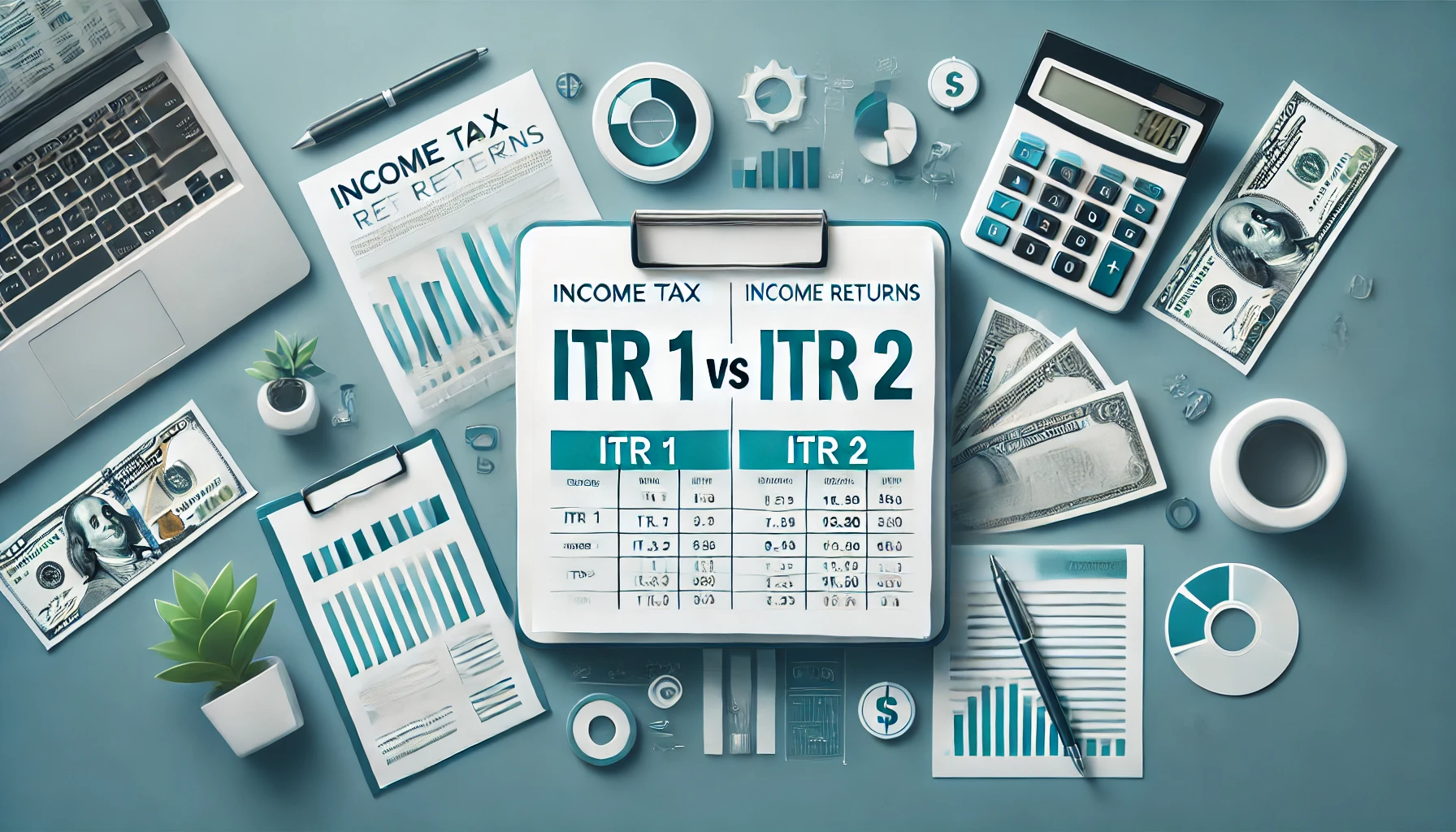
ITR 1 vs ITR 2
Filing your Income Tax Return (ITR) accurately is crucial for every taxpayer in India, and …
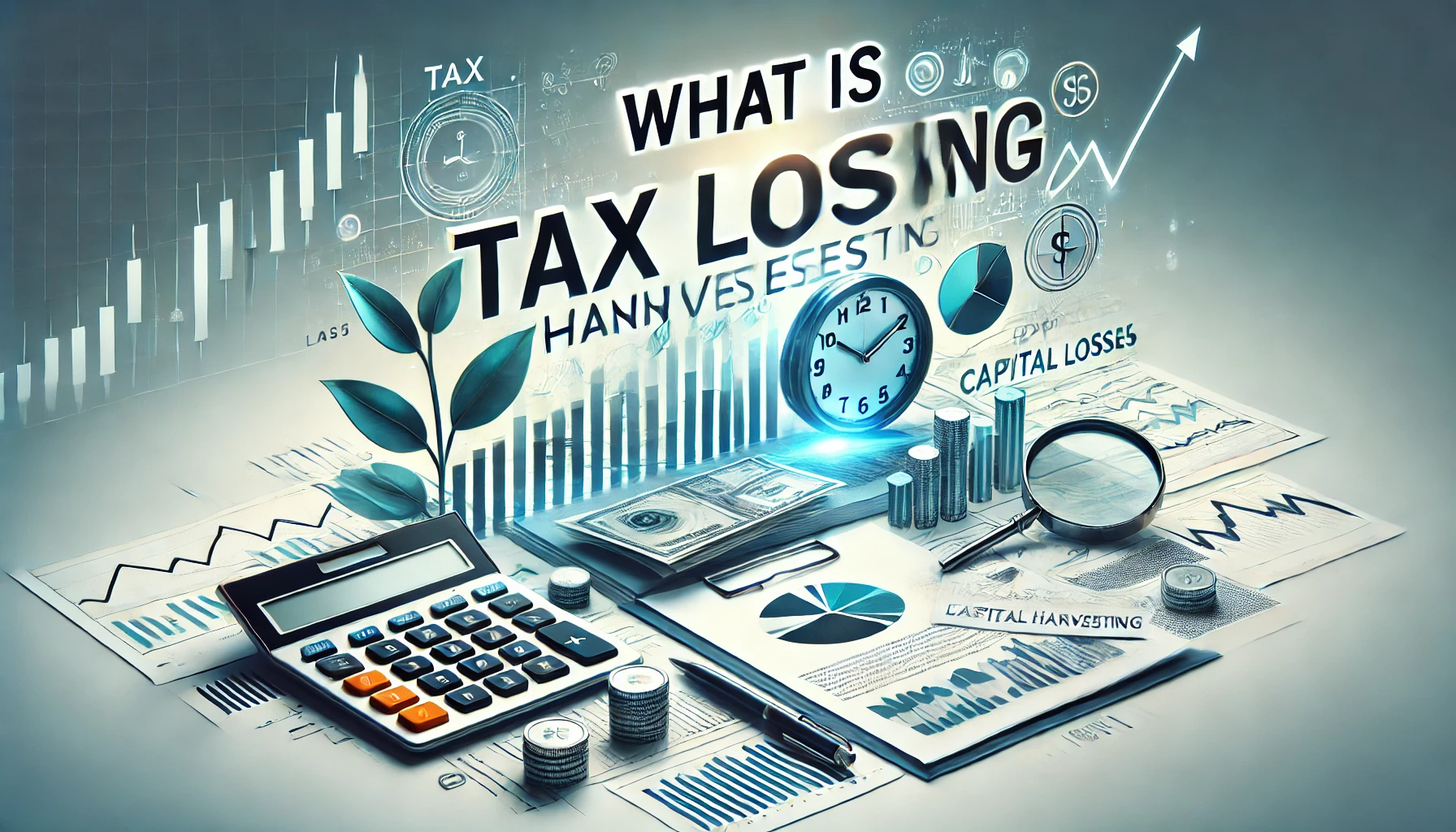
What Is Tax Loss Harvesting?
Tax loss harvesting is a strategy that allows investors to reduce their taxable capital gains …
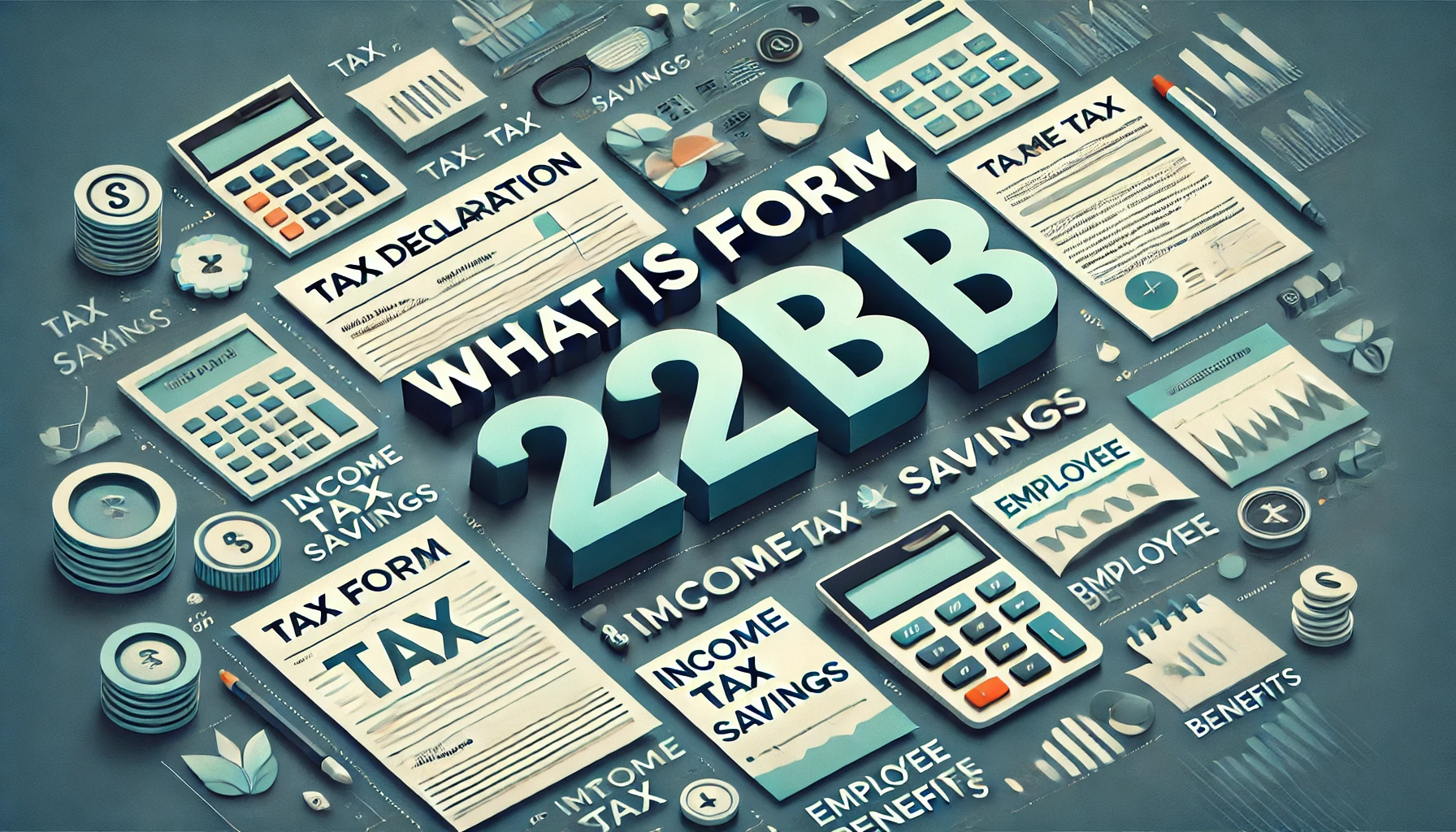
What Is Form 12BB?
Form 12BB is a vital document in the Indian taxation system that employees need to …
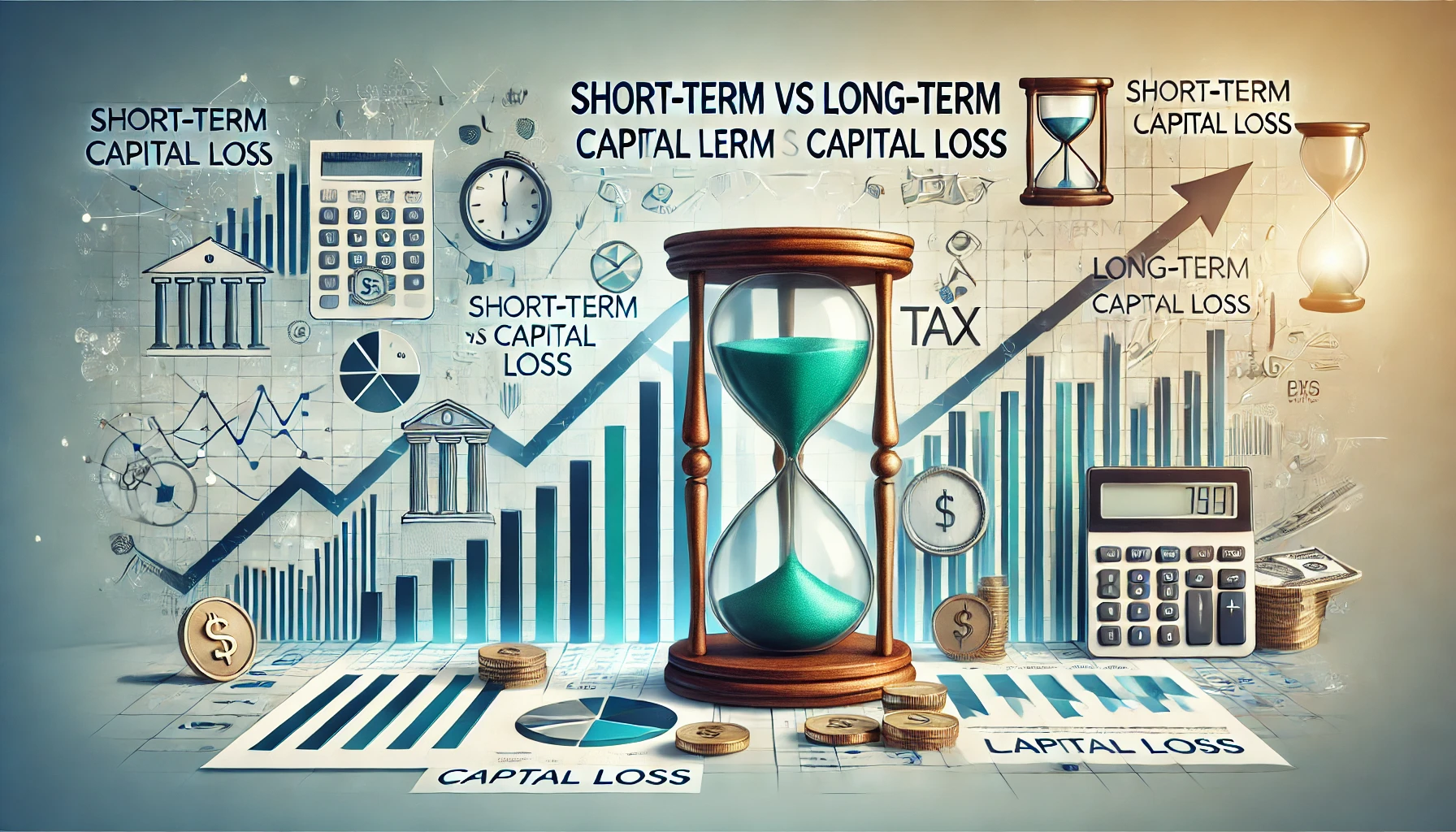
Short-Term Vs Long-Term Capital Loss
Investing in various assets like stocks, real estate, or mutual funds can lead to capital …

Section 80D of Income Tax Act
Health insurance is not only essential for safeguarding your well-being, but it also offers tax-saving …

Senior Citizen Saving Scheme
The Senior Citizen Saving Scheme (SCSS) is a government-backed savings scheme specifically designed to provide …
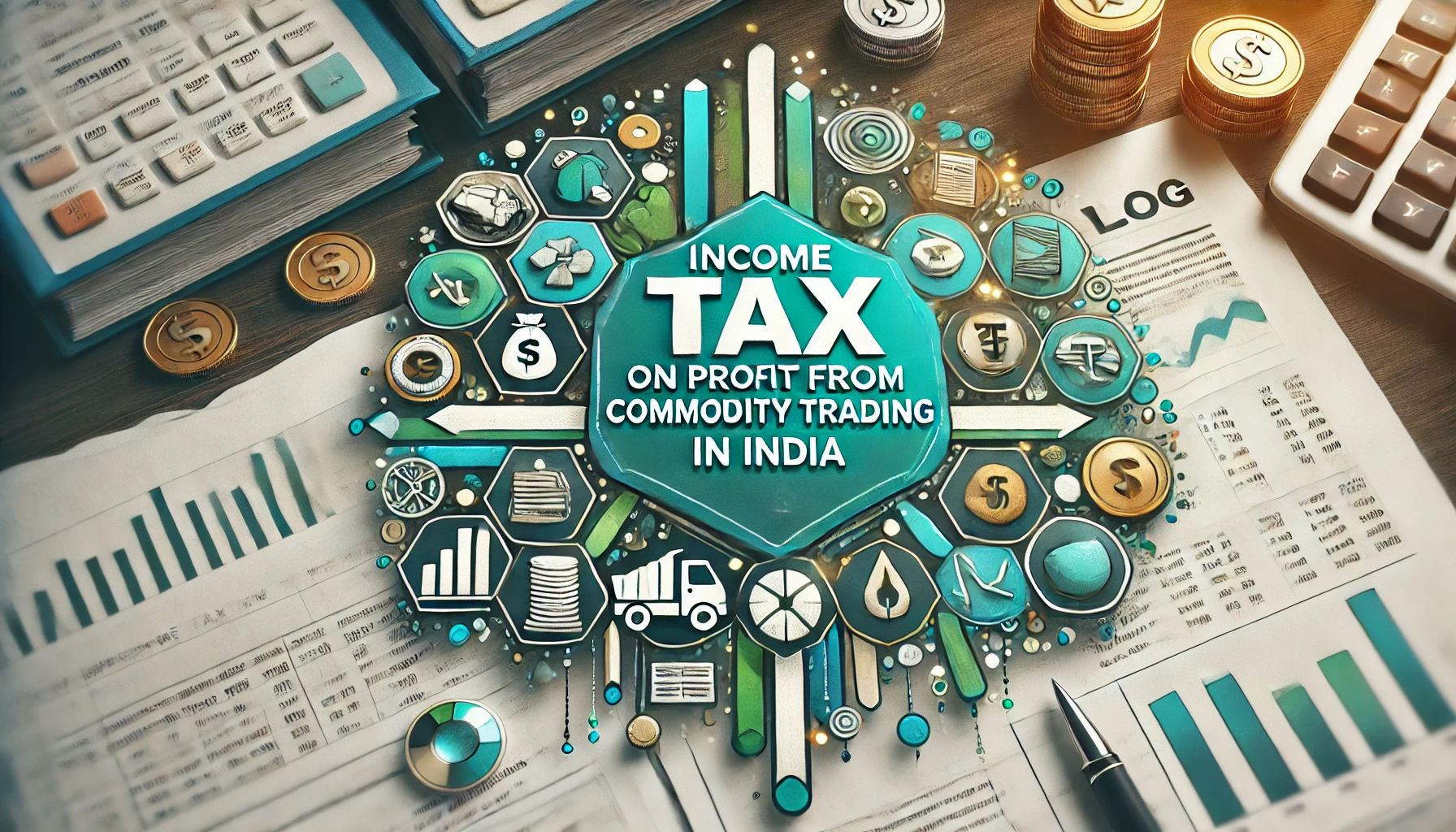
Income Tax on Profit from Commodity Trading in India
Commodity trading has become a significant part of financial markets in India, providing investors with …
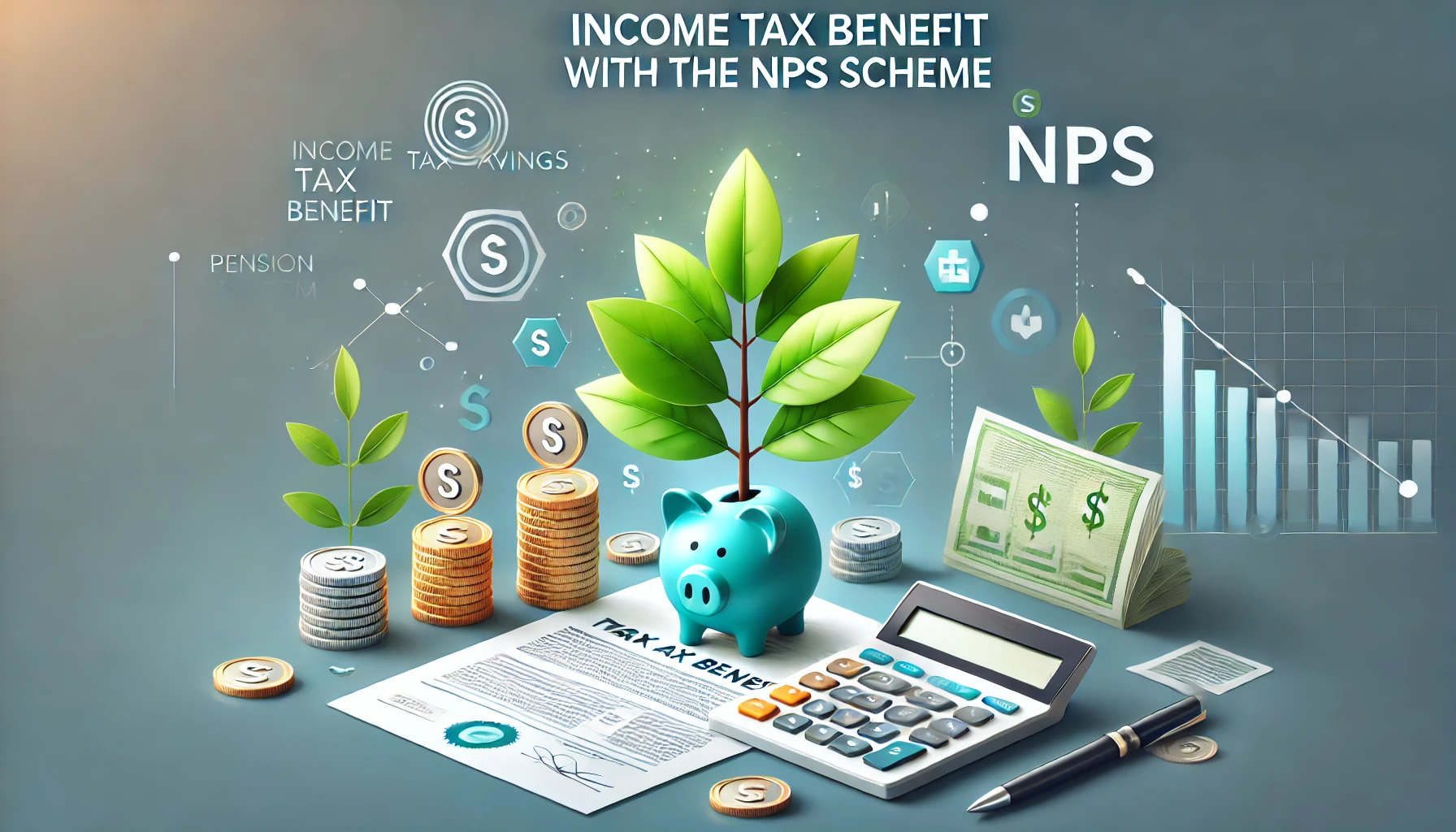
Income Tax Benefit with the NPS Scheme
The National Pension System (NPS) is a government-sponsored retirement savings scheme in India designed to …

What Is Cost Inflation Index (CII) In India?
The Cost Inflation Index (CII) is a crucial concept in Indian taxation, particularly when calculating …

Understanding How Income Tax is Levied on Stock Market Transactions
The Indian stock market has become an increasingly popular avenue for individuals looking to grow …

Investment Options under NPS
The National Pension System (NPS) is a government-sponsored retirement savings scheme that allows individuals to …

How to Start Contributing to Your PPF Account?
The Public Provident Fund (PPF) is a government-backed savings scheme in India that offers tax …

Tax incentives for startups in India
The Indian startup ecosystem is one of the fastest-growing in the world, attracting both domestic …
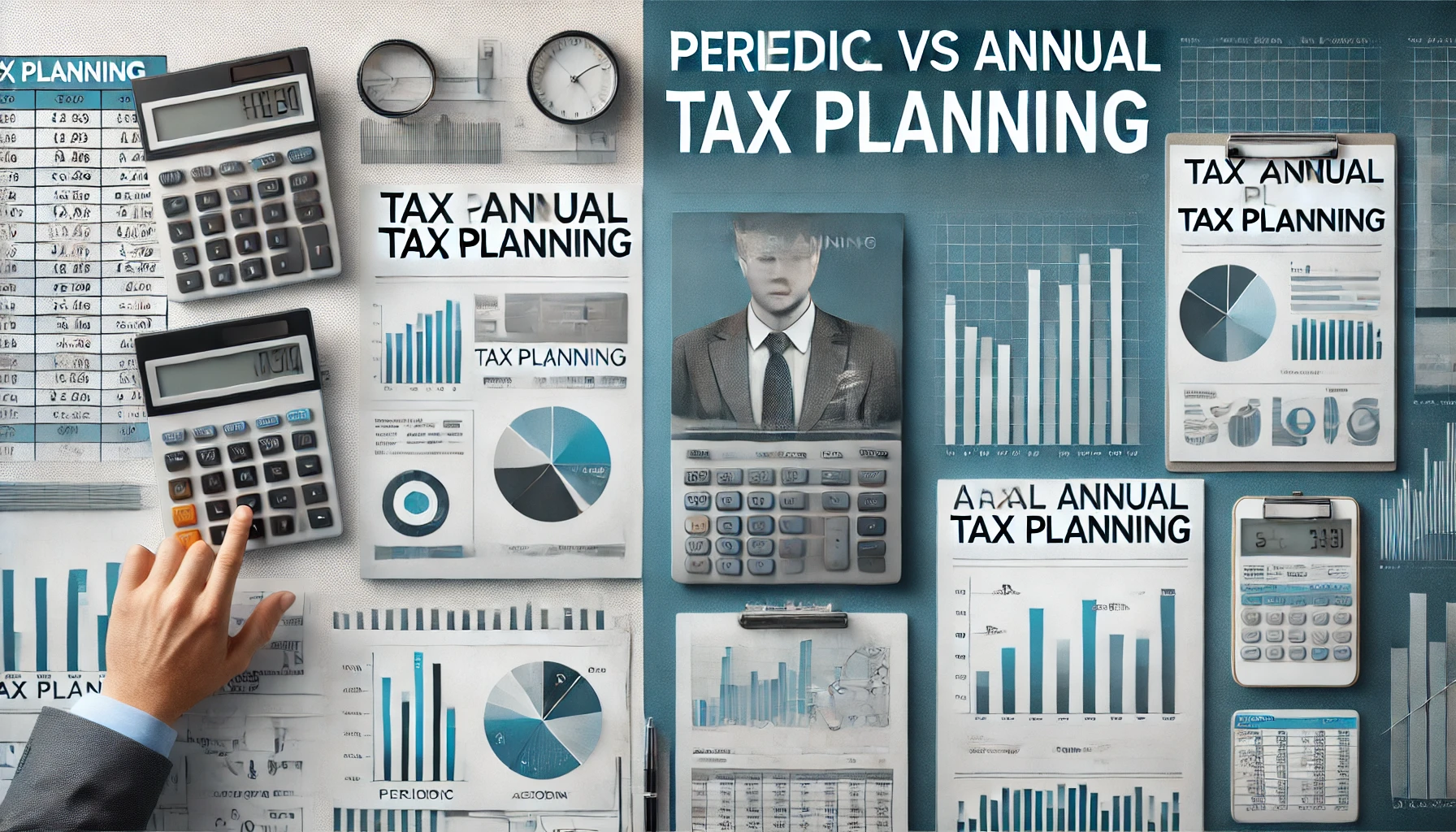
Periodic vs Annual Tax Planning
Tax planning is an integral part of financial management that every taxpayer should consider. Whether …

How to Do Tax Planning for a Higher Salary?
Tax planning is crucial for individuals with higher salaries in India. As income increases, so …

How to Understand P&L Statement
A Profit and Loss (P&L) statement, also referred to as an income statement, is one …

What is the Kakeibo Method?
Managing personal finances can be challenging, especially in today’s fast-paced world, where expenses quickly pile …
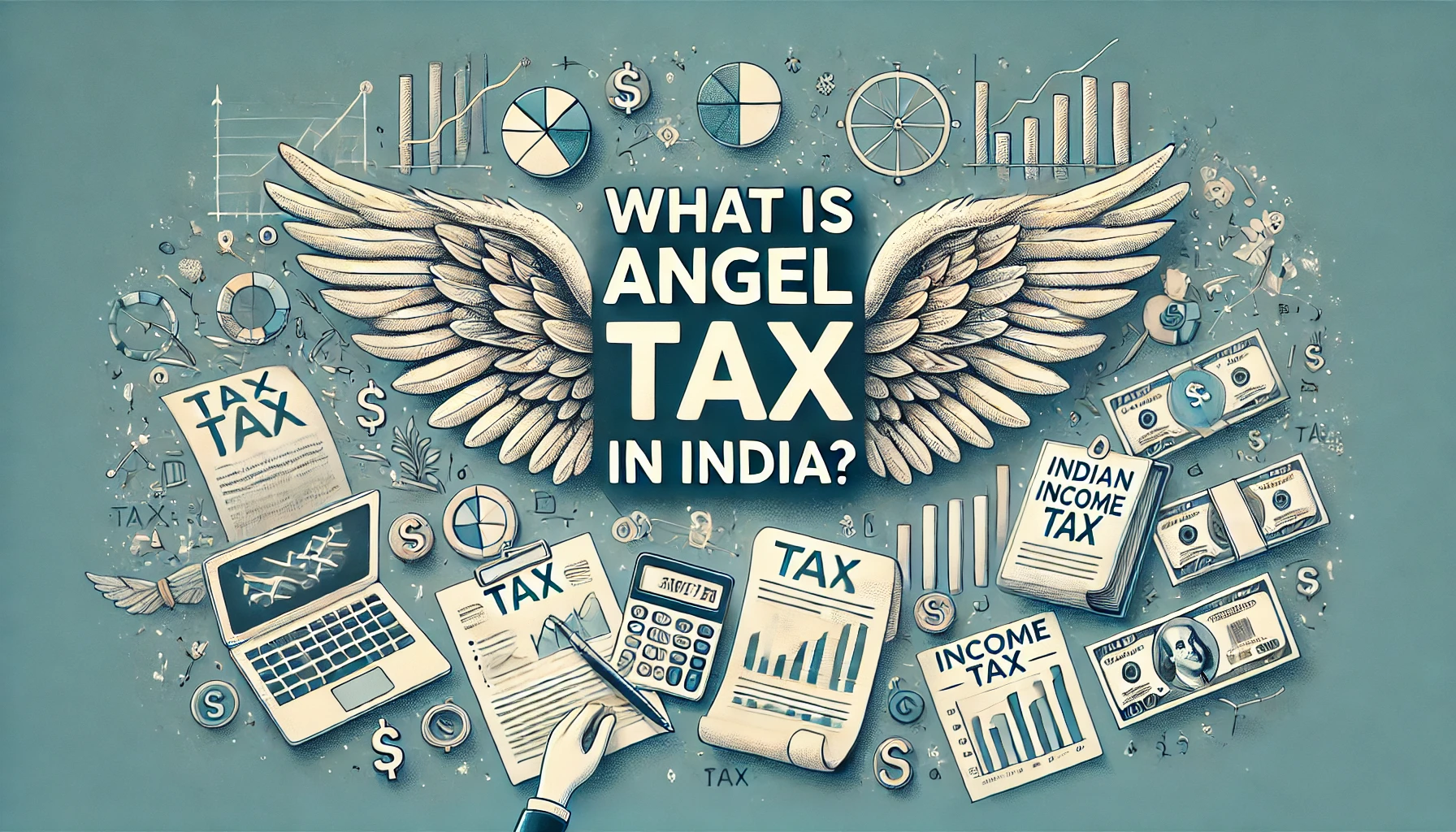
What is Angel Tax?
In India, the startup ecosystem has seen tremendous growth over the past decade. Entrepreneurs and …
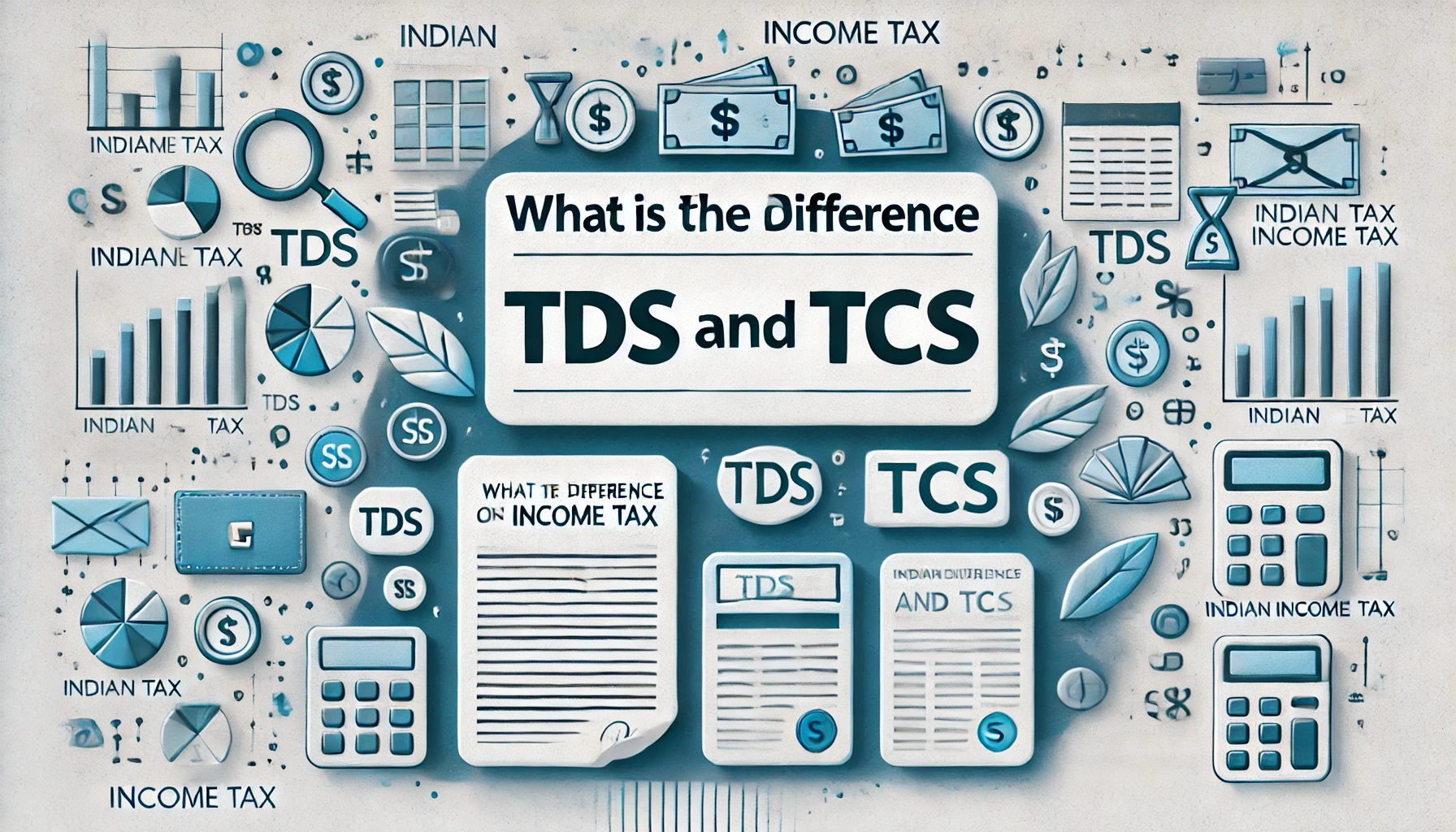
Difference Between TDS and TCS
In India, tax collection plays a critical role in the functioning of the government. To …


















